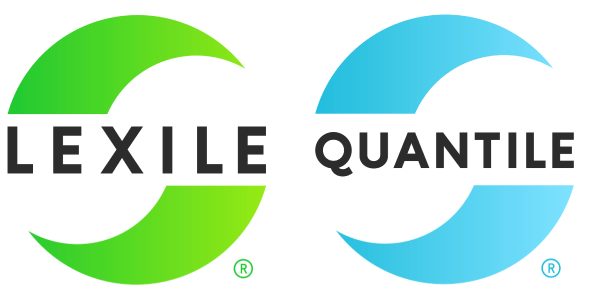Lexile Measures and the Science of Reading
The Science of Reading
The science of reading is a body of evidence that tells us how students learn to read. It is supported by five pillars of literacy development: phonemic awareness, phonics, fluency, vocabulary, and comprehension. Over the past decade, nearly 40 states and the District of Columbia have passed laws or other policies related to evidence-based reading instruction. Our team of researchers and scientists is focused on creating tools and resources to support the science of reading.
Science of Reading Tools on the Lexile & Quantile Hub

Find a Decodable Book will help you implement science of reading-based instruction by searching for books by short and long vowel sounds. For each book, you can see sound spelling percentages, spelling patterns, sight words, and more. A book’s high frequency irregular words and contractions are highlighted, and you can view the percentage of vowel sounds and see words grouped by spelling patterns.
Our library of Decodable Passages supports decoding instruction with fun, engaging passages designed to work with popular phonic scopes and sequences, written by published decodable authors. It includes more than 100 decodable passages categorized by sound spellings with nearly 50 passages that contain short vowels, blends, and digraphs. Each passage features an illustration and two comprehension questions for each passage.
By using Lexile Find a Book to match your students with books that match their abilities and interests, you are helping them build their reading comprehension skills – one of the five pillars of the science of reading. You can use Lexile measures to match beginning readers with early-reading texts using the “BR” (Beginning Reader) code. Texts with a BR code also receive a Lexile measure (e.g., BR100L). The addition of a Lexile measure for books below 0L allows for greater differentiation at the beginner level.
Lexile WordLists will help you address vocabulary gaps and prepare students for the academic words they will encounter in learning. Developed based on the best-selling science, math, social studies, and English/language arts textbook programs for grades 1-12, WordLists allow you to create your own customized lists of consequential words to support vocabulary instruction.
Insights on the Science of Reading and Current Research
Dr. Neena Saha, Research Advisor at MetaMetrics, is focused on bridging the research-to-practice gap so that educators can access real-time tools to support reading success. Read her insightful blog posts to learn more about what is happening in science of reading research and its implications for your students.
